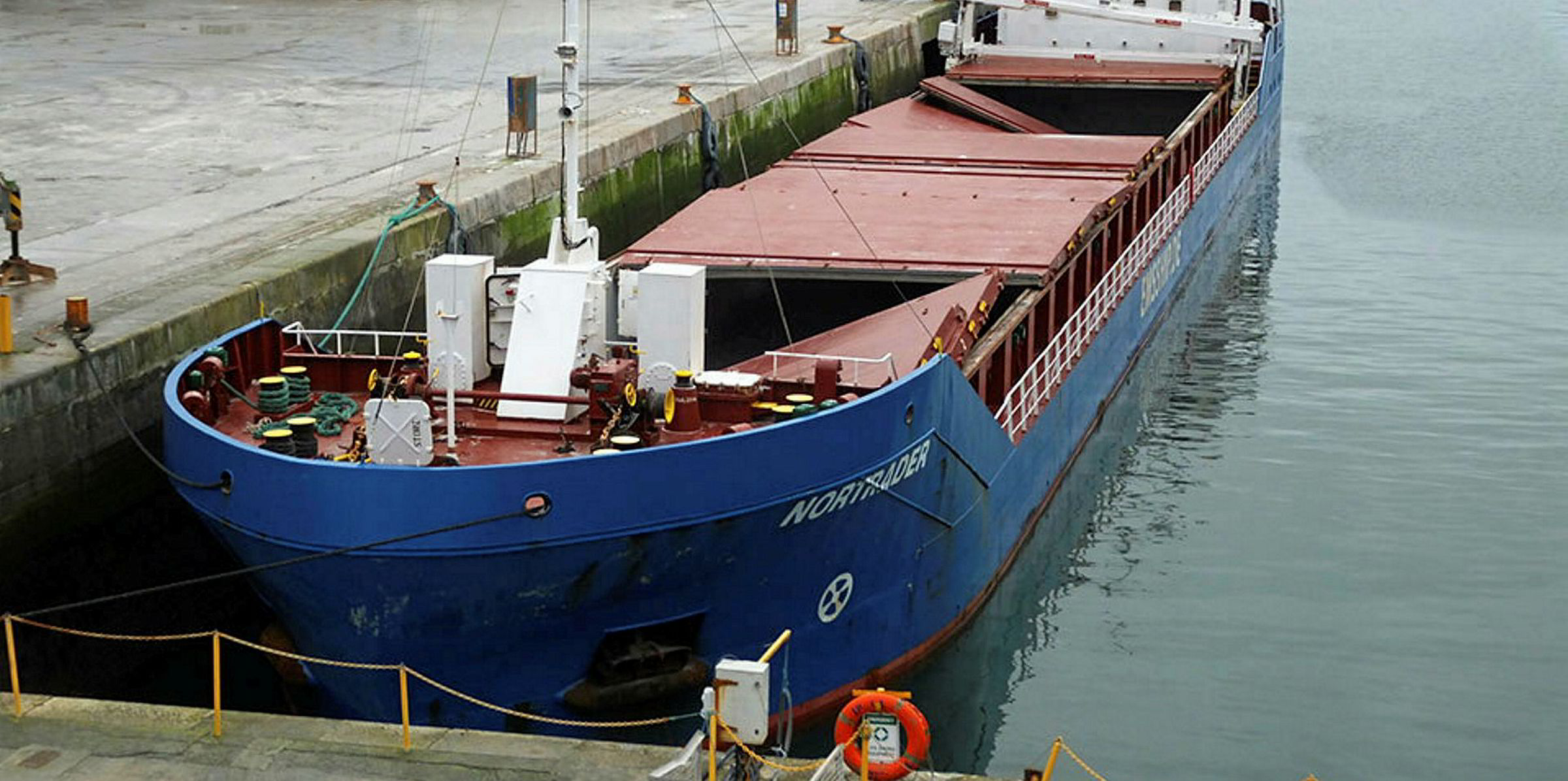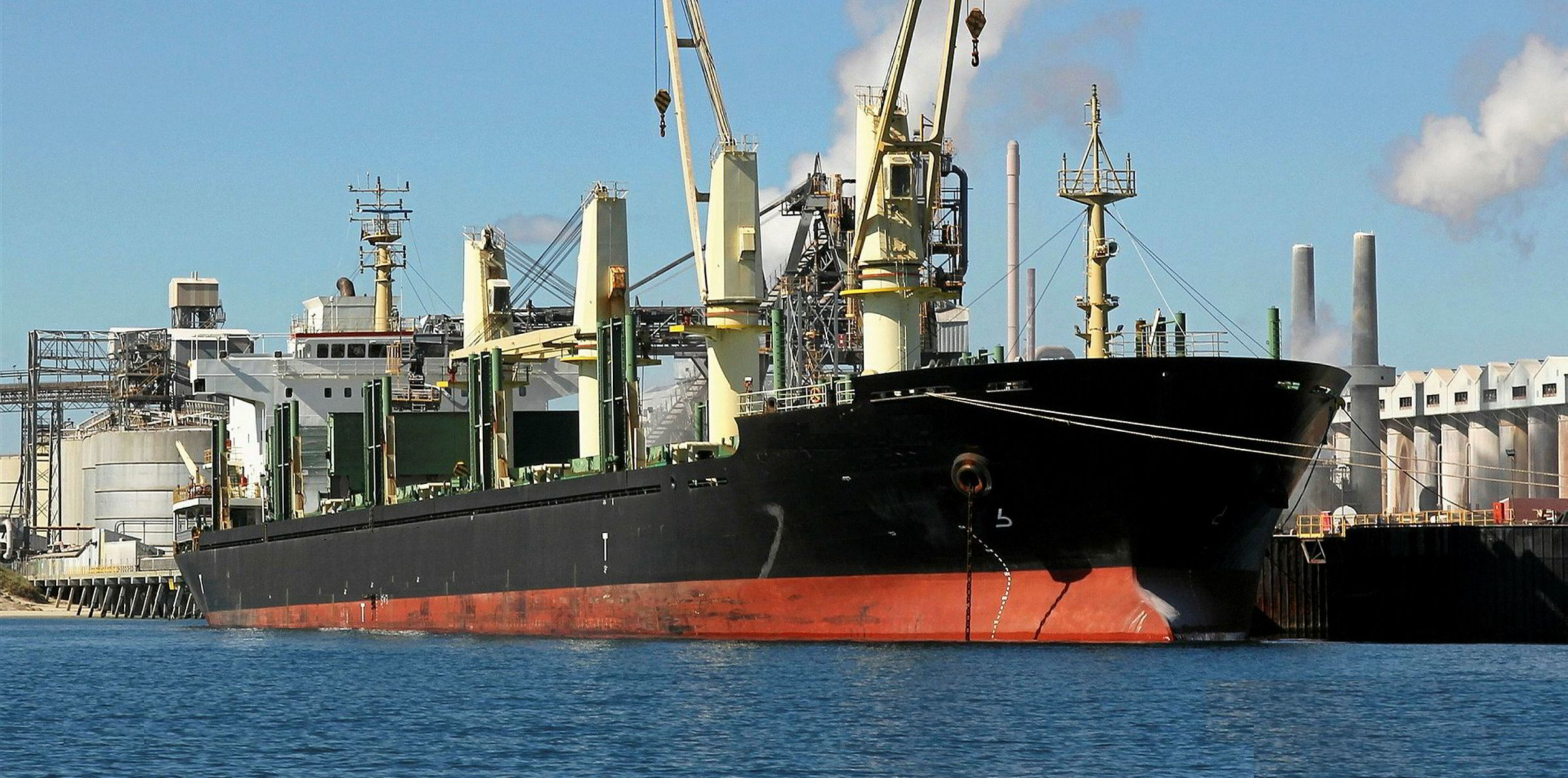A High Court judge in the UK has taken the rare move to scrap a London arbitration tribunal's award of compensation to German shipowner NTO Shipping for a general cargoship explosion.
Justice Philip Pelling QC found that waste processing company MVV Development Devonport was wrongly named as the cargo shipper in a charter and bill of lading involving NTO's 2,600-dwt Nortrader (built 2012).
In October last year, an arbitration panel awarded NTO a total of about $812,000 from MVV, which went to court to try to set this aside on the grounds of lack of jurisdiction.
The case arose from a 13 January 2017 blast off Plymouth, UK, on the Nortrader while it was carrying 2,330 tonnes of unprocessed incinerator bottom ash (UIBA). The accident injured the chief engineer.
MVV had a contract to dispose of the waste to Dutch processor Rock Solid, the vessel's charterer.
Incorrect insertion
A bill of lading was issued by ship agent Sanders Stevens that named MVV as shipper and Rock Solid as consignee, when in fact MVV's obligations ended when the cargo was loaded.
"It is not suggested that [Rock Solid or Sanders Stevens] had obtained the approval of the claimant [MVV] for this insertion any more than it had obtained it for any of the prior shipments or that the claimant was a party to the charterparty," Justice Pelling said.
Identifying the claimant as shipper contradicted the terms of the UIBA contract, he added.
The question of jurisdiction hinged on whether Rock Solid or Sanders Stevens had either "express or implied actual or ostensible authority" to enter into a contract of carriage as agent for MVV.
The evidence suggests that Sanders Stevens tendered the first bill of lading to Rock Solid for approval and Rock Solid approved it, including the reference to MVV as shipper.
“That does not have the effect of conferring express actual authority on [Sanders Stevens] to enter into a contract on behalf of the claimant unless [Rock Solid] was itself authorised by the claimant,” Justice Pelling ruled.
'Wrong' decision
He wrote that, up to the time of the contract of carriage at the heart of the dispute, NTO could not have known many of the facts that it later relied on for its claim, such as the 33 prior bills of ladings with MVV's name as the shipper.
"In those circumstances, the claimant was not a party to the contract of carriage ... and not a party of the arbitration agreement on which it relies either," Justice Pelling said.
"In those circumstances, I conclude that the tribunal's conclusions to the contrary effect were wrong."
Following the explosion, UK accident investigators warned of the dangers of hydrogen gas being released from ash cargoes.
The ship was out of action with extensive damage for more than three months, and the chief engineer was out of work for four months after suffering second-degree burns.
The UK Maritime Accident Investigation Board established that the explosions were caused by the ignition of the hydrogen gas.





